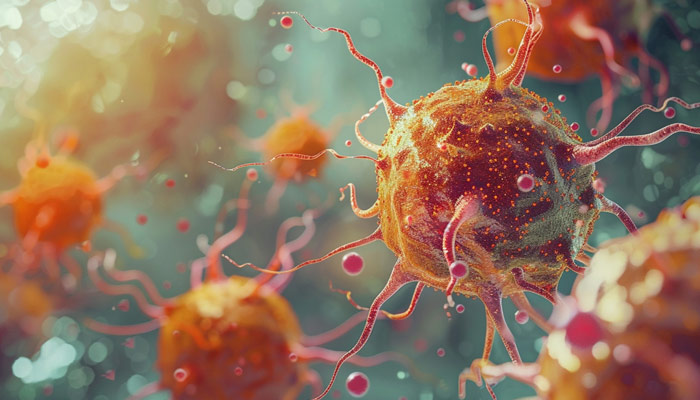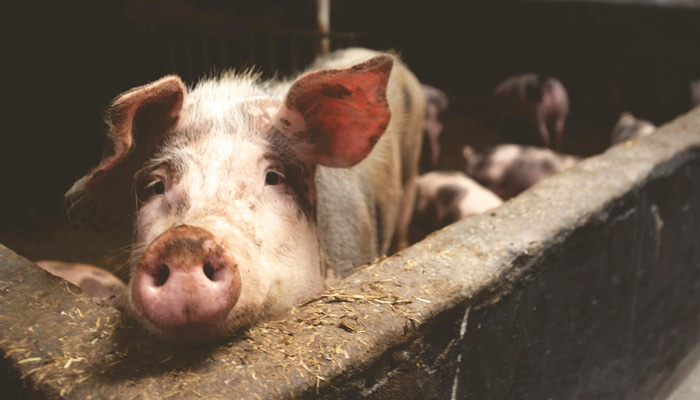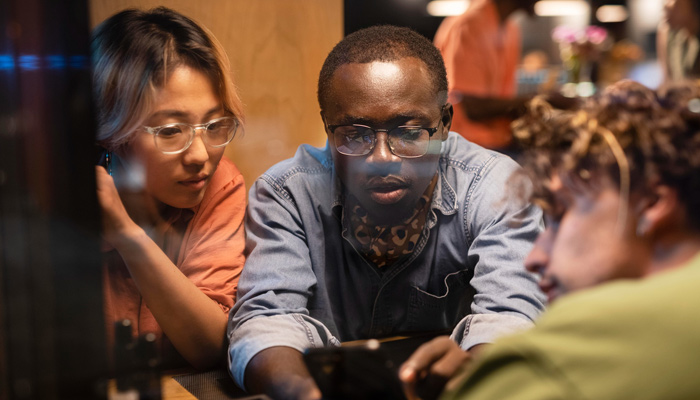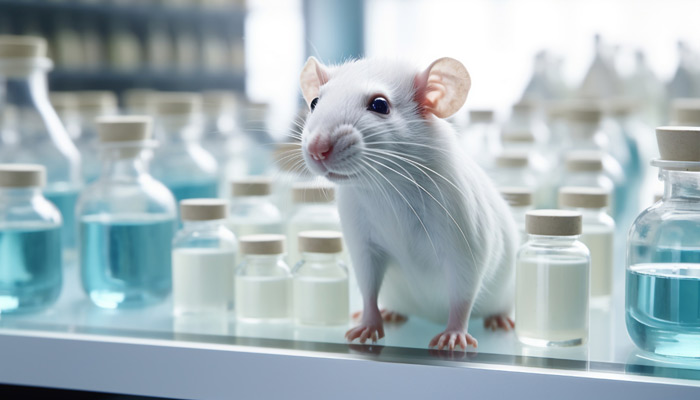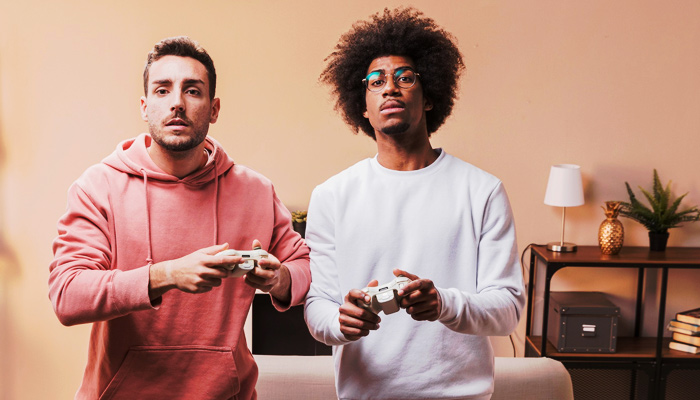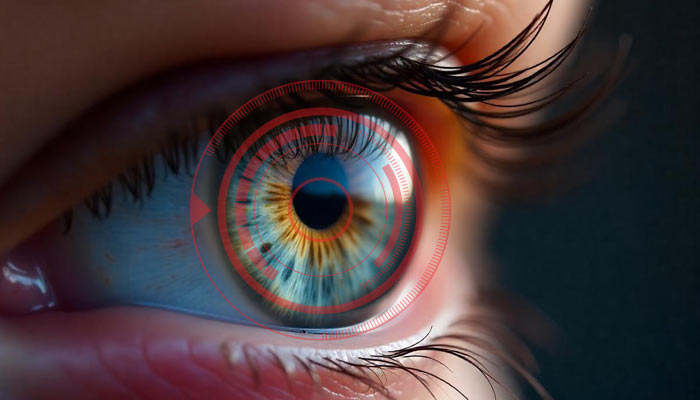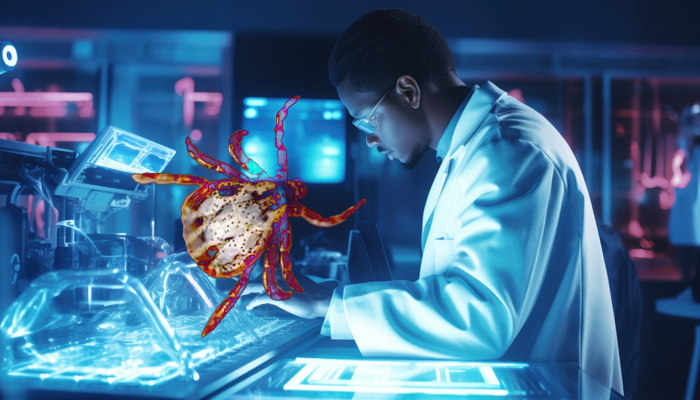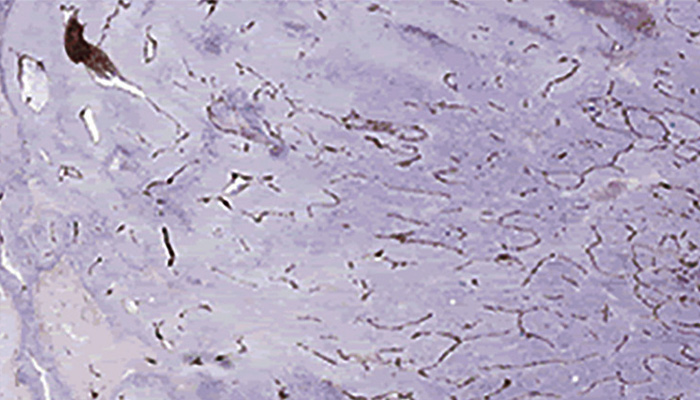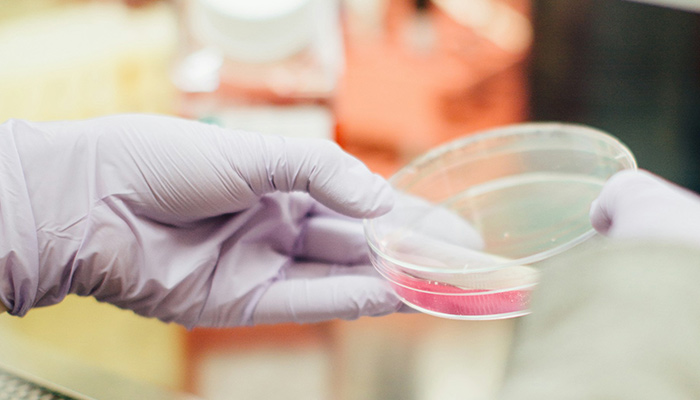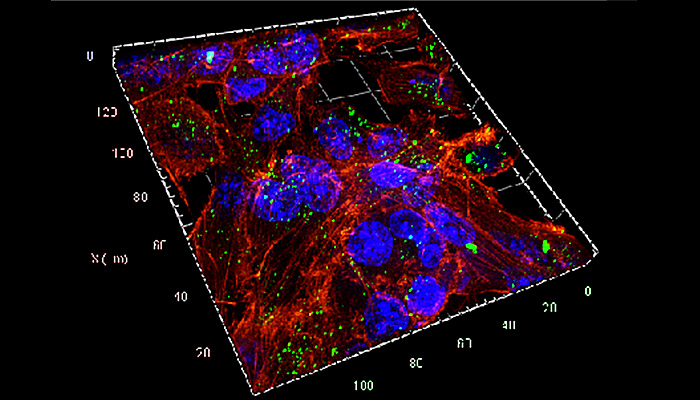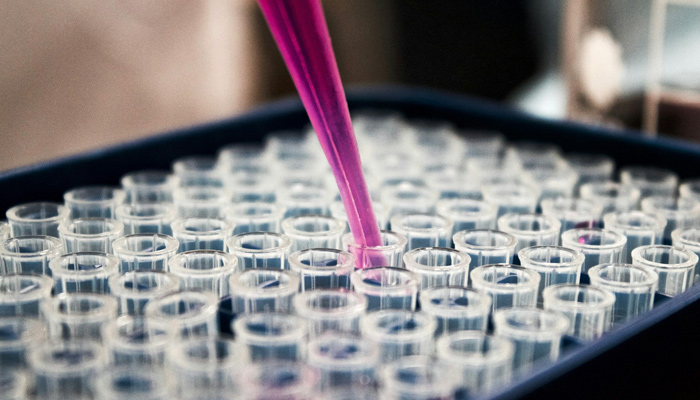Cool Research & Sexy Tech
RESEARCH & TECH: QUICK LINKS:
How Our Longest Nerve Orchestrates the Mind-Body Connection
The vagus nerve sprawls from the brain through the body, innervating our organs and managing life support and emotion.— However, some people have taken the vagus nerve’s expansive bodily influence as an invitation to engage in pseudoscience.
Not All Fungi Are Scary…
And even the alarming ones won’t turn you into the walking dead— The closest you’re likely to come to a zombifying fungus is through watching scary movies or playing video games.
Bite of Hope:
Malaria vaccine delivered by gene-edited mosquito kills infection by 89%—This technique gave the immune system a powerful boost, shielding people from the disease.
Fat Cells Remember Obesity
Researchers at ETH Zurich have discovered a mechanism behind the yo-yo effect: Fat cells have a memory.—Obesity leaves lasting epigenetic markers in fat cells, creating a memory that promotes weight regain after dieting, highlighting the importance of preventing obesity early in life.
Stem Cells Reverse Woman’s Diabetes—A World First
She is the first person with type 1 diabetes to receive this kind of transplant.—In the first trial of its kind, Deng Hongkui—a cell biologist at Peking University in Beijing—and his colleagues extracted cells from three people with type 1 diabetes and reverted them into a pluripotent state, from which they could be moulded into any cell type in the body.
New Tick Repellent: Development Through University of Pitt-Johnstown
“Our solution prevents ticks by using compounds that bind directly with the carbon dioxide released from human skin, effectively masking us from tick detection.”—Researchers will be using $100,000 won through the “Pitt Innovation Challenge” to make a novel and commercially available tick repellent (B.I.T.E.) that works by masking carbon dioxide emitted through human skin so that ticks cannot detect these emissions.
The Future of Medicine: Exploring AI Applications in Healthcare
AI isn’t just meant to be used at your day job—One area where AI is making an immediate impact is medicine—in particular, medical imaging. Here’s what we know. And further reading on P:I’s site: AI as an open source solution for disease diagnosis.
Remote Blood Pressure Monitoring Provides Measurable Improvements
Tele-monitoring and nurse case management in black and hispanic patients with stroke shows promise—The reasons for the improvements remain unproven, but awareness and focused attention often have these results in behavioral studies. That is possibly very good news for remote care innovation and the increased prevalence of home-based care.
France’s Bioptimus Releases AI Model for Disease Diagnosis
Are AI-created tools destined to become open source?—K Health, an AI-based American startup behind a chatbot that speaks to patients, recently raised $50 million in a transaction that values the company at about $900 million. What happens to those investments when the product is available for free?
Startup Brings New Hope to the Pursuit of Reviving Frozen Bodies
Unsurprisingly the hard part is waking up. You can’t just plop them into a bowl of warm water. Currently they still need to vivisect you into thin slices…so I wouldn’t go signing up anytime soon.—Cradle Healthcare is developing technology on reversible cryonics placing people with illnesses into a frozen state and then reviving them at some stage in the future.
Rethinking the “Good Death” Narrative When Consoling Bereaved Parents
“How the f*ck is your child dying considered a ‘good death’? Come on.”—Perhaps the idea of providing a comforting “good death” for terminal children is consoling for health care providers, but the idea that it is a palliative to parents seems to be a fantasy.


